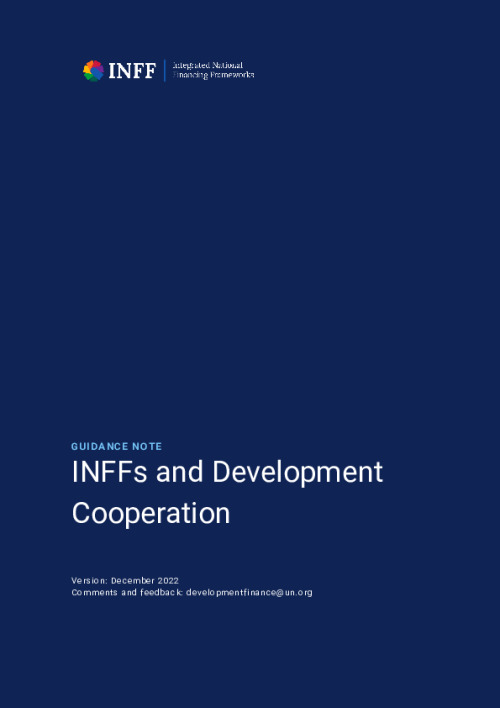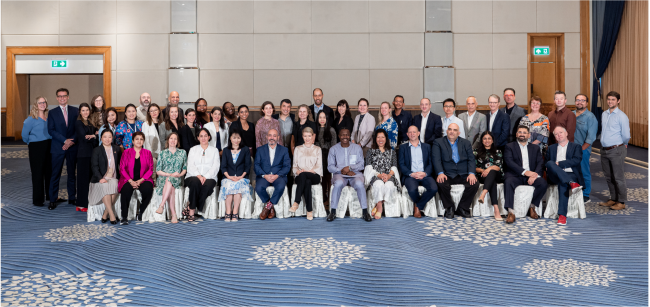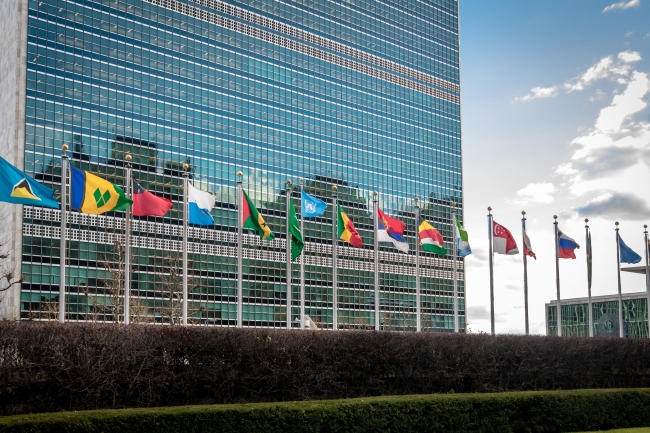INFFs and Development Cooperation

INFFs and Development Cooperation
15 December, 2022
There are many reasons why strengthening the link between INFFs and Development Cooperation (DC) is important. First, DC remains an important source of finance in many contexts; for example, in low-income countries ODA accounts for 11.6% of GNI, and in middle-income countries it has the potential to crowd-in/de-risk investment through contributing to the use of blended finance approaches. Second, INFFs can be used to strengthen adherence to processes and principles aimed at making DC more effective, as well as long-standing commitments on the quantity and allocation of DC flows. Third, INFFs can increase the effectiveness of DC by making explicit the links between DC and other financing policy areas (such as domestic resource mobilisation and private investment), with large potential to enhance integration and coherence. They can also be used to enhance coherence and complementarity between humanitarian and long-term development finance. Finally, the increasing momentum and attention toward INFFs by development partners has mainly focused on the potential value and implementation of INFFs in developing countries, with little discussion on what adopting an INFF from a development partner perspective would imply; this note is also an opportunity to begin rebalancing the conversation.
This note considers INFFs in the context of development cooperation for both recipients and providers of development cooperation. Recipients of development cooperation (domestic governments) can use this note to formulate coherent development cooperation policies, and to ensure more coordinated and needs-driven interventions by development partners – enhancing overall control over development cooperation in their countries. Providers of development cooperation (development partners) can use this note to understand the implications of INFFs on their ways of working in partner countries – facilitating the fulfilment of existing commitments, including on national sovereignty and country ownership, effectiveness and policy coherence. Development partners can also use this note to understand the implications of INFFs when designing development cooperation policies and strategies and when formulating broader national policies at home.
About INFF technical guidance documents
In response to the considerable and growing interest from countries to receive further guidance and support to design the INFFs, additional technical guidance documents, built on existing global guidance, are now published to provide practical support to INFF country-level implementation.
The technical guidance documents are tailored to specific country contexts, SDG sectors, and financing policy areas, all benefiting from initial insights and country experiences. The documents are intended to assist policymakers in the identification of sectoral and country group challenges, and policymaking that finance the national sustainable development objectives and the Sustainable Development Goals (SDGs) through the INFFs.
The technical guidance documents strengthen the feedback loop between country-level implementation on the one hand, and global guidance work and technical assistance and capacity development efforts on the other. The documents will continue to be living documents, and will be updated as country experience, insight, and learning about the application of the INFF approach to the challenges of financing the SDGs at the country level keeps progressing.







